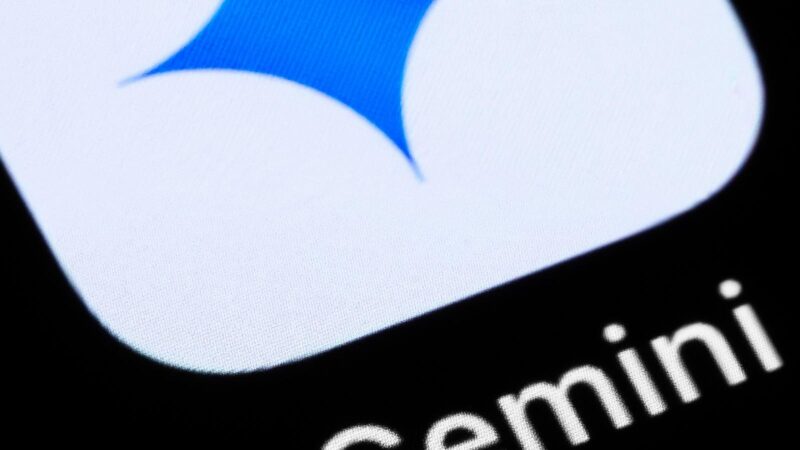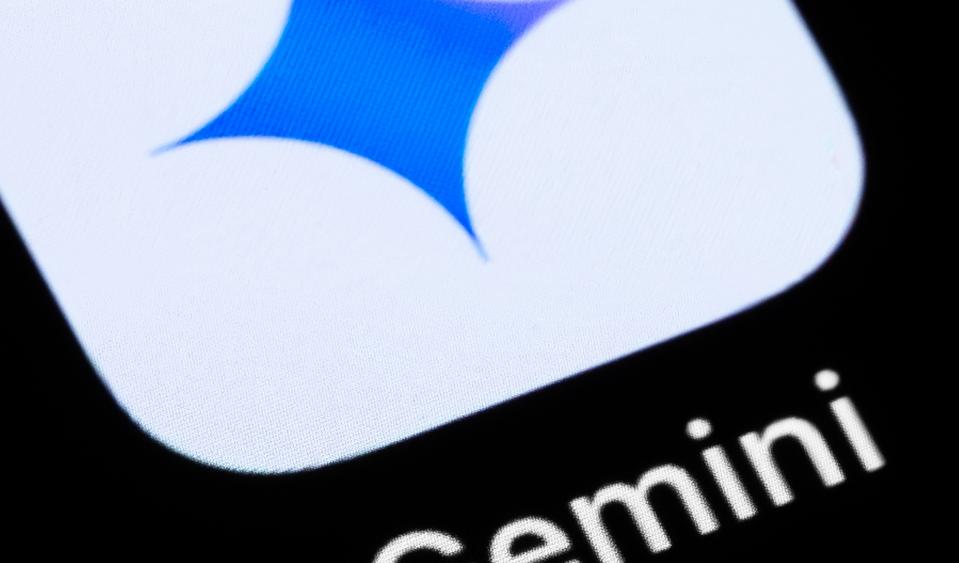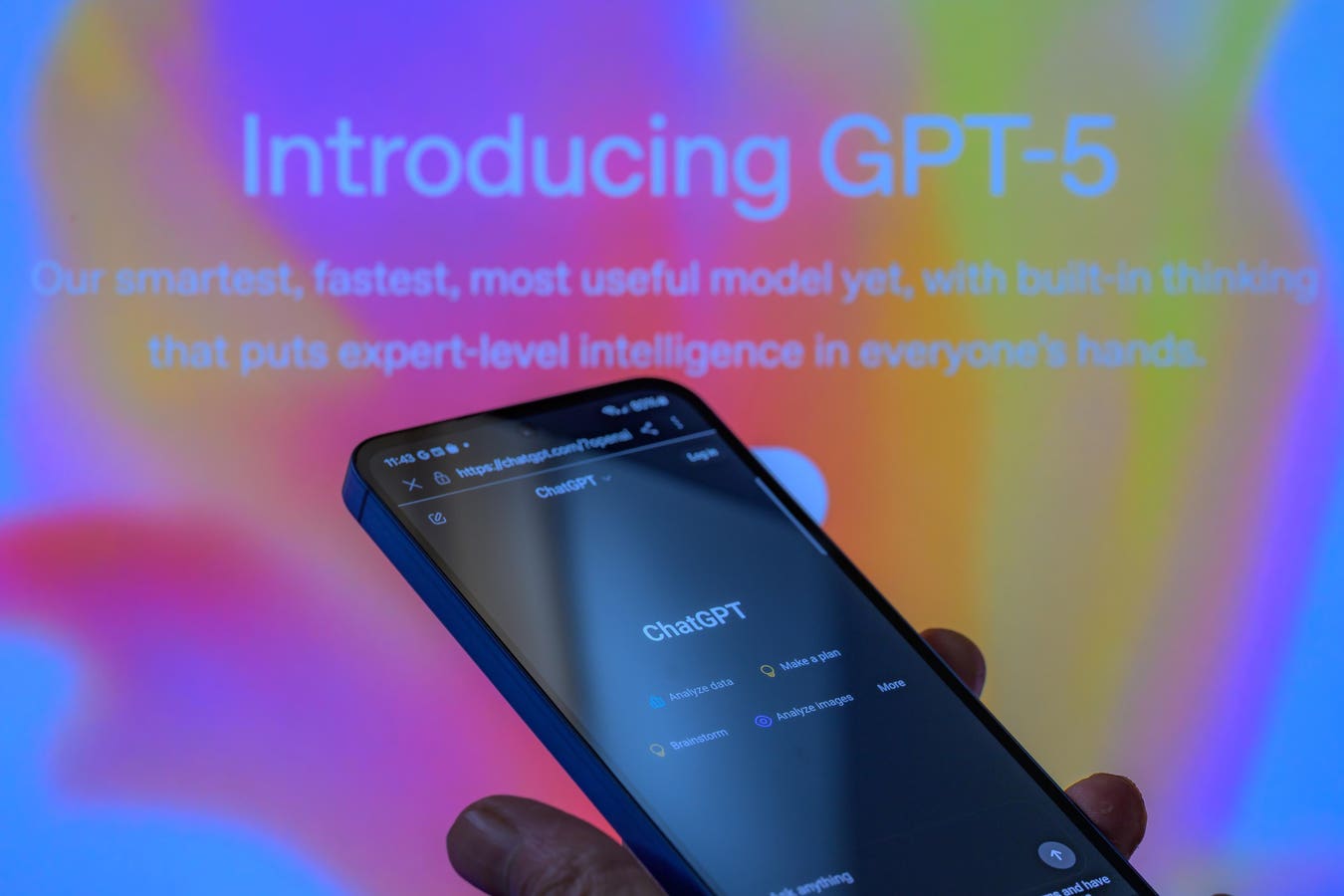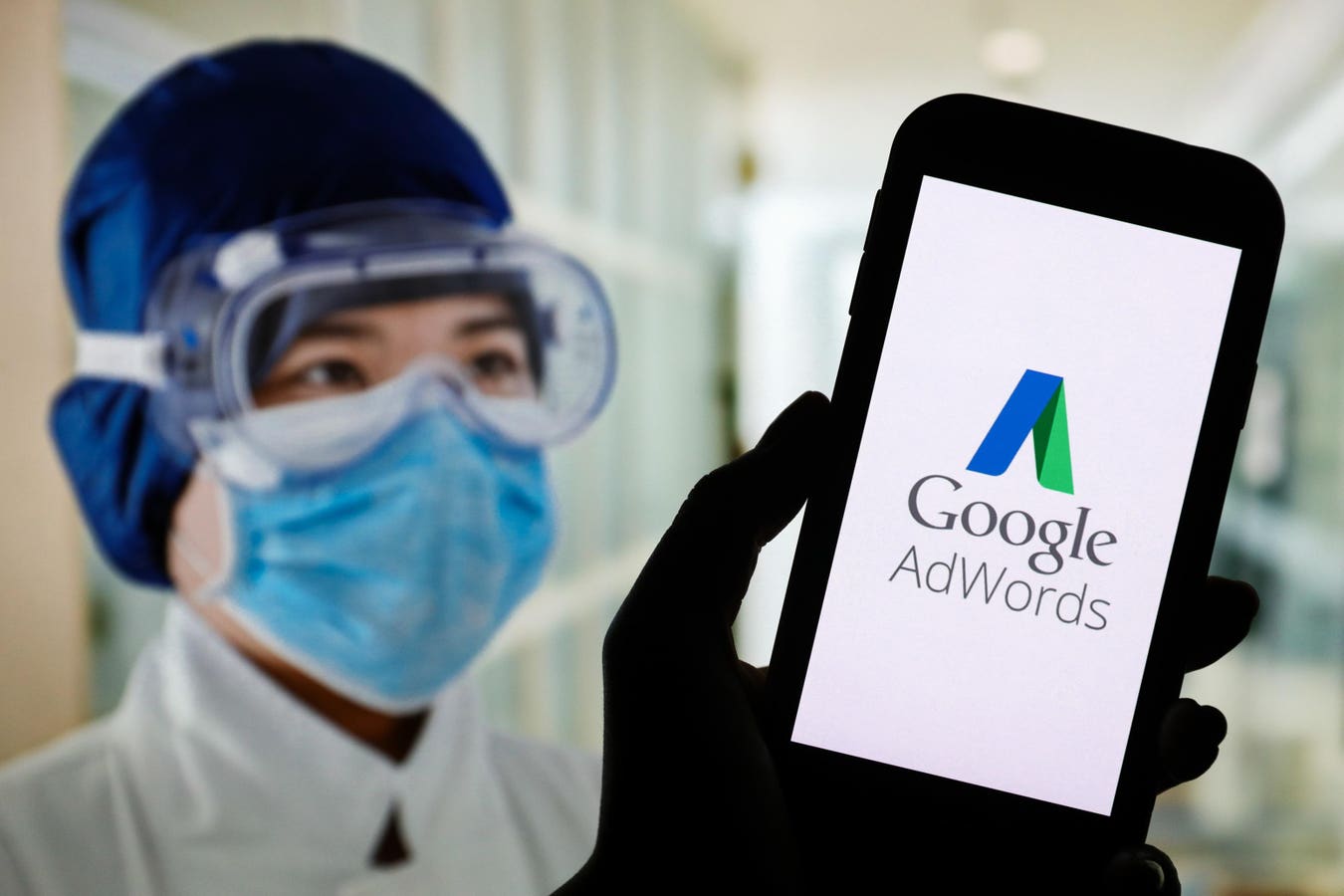This “crisis” is just beginning.
dpa/picture alliance via Getty Images
This should not be a surprise. If you’re not paying for the product, you are the product. And so to a new warning that Google’s new Gemini upgrade is a “privacy nightmare” for 500 million users and may be “2025’s most dangerous cyber security crisis.”
“People have been going bananas over it already,” Google purred as it released the cutely named Nano Banana. “Image editing in Gemini just got a major upgrade,” with an AI tool that is “the top-rated image editing model in the world.”
Google has integrated this into its Gemini app and says users “have more control than ever to create the perfect picture.” But Point Wild disagrees, warning those users are now at risk. You must read Google’s privacy policy now, before you go bananas.
Every photo you upload, Point Wild says, carries “a biometric fingerprint.” This includes “your unique facial geometry, skin texture, micro-expressions, body proportions, even behavioral patterns like how you hold your phone or typical photo angles.”
In a world where Google already digitally fingerprints your phone, the researchers say you’re now giving up your “precise GPS coordinates embedded in image metadata, behavioral biometrics and habitual traits, social network mapping (who appears in your pictures and relationship dynamics), and psychological profiling insights.”
Point Wild says “the Nano Banana crisis is just beginning.” This is no different from the AI browser warnings and agentic AI warnings and Gmail AI upgrade warnings. It’s all proving too fresh and exciting for users to worry about privacy policies.
This is “consent fatigue,” Ann Cavoukian, formerly Ontario’s Privacy Commissioner, warns, as users blindly click without thinking through the implications.
Black Duck’s Tim Mackey told me “it’s not just about control over the image itself, and associated consent requirements, but where the processing occurs and how the input imagery is used to refine the AI model. Social media has proven multiple times that normal users aren’t going to question where data processing occurs.”
What’s interesting with Nano Banana — the literal flavor of the month — is that it crosses the line between viral AI app and Google’s relentless AI platform upgrades, and comes as Gemini topples other offerings, ChatGPT in particular, in the app charts.
MIT’s Technology Review estimates that each of these hundreds of millions of biometric profiles could be worth as much $15 to $25. Point Wild says that “when combined with behavioral data, that value skyrockets beyond $100 per person.”
As for that “cyber security crisis.” It’s a risk for sure. iCounter’s John Watters warns that “this is just the tip of the iceberg,” and that “it’s the new and novel combinations of these capabilities into new and novel attack methods is concerning. The net effect is the onset of Zero day TTPs and an epidemic of Patient Zero victims.”
This isn’t just about Nano Banana. That “major upgrade” comes at the same time as Chrome is also “reimagined with AI.” Surfshark warns that “Gemini in Chrome collects the most user data among all browser-integrated AIs,” and “while convenience is important, users should be aware of the amount of data collected.”
Nano Banana “has taken global social media by storm,” Point Wild says, “generating over 200 million images worldwide in just a few weeks. From Silicon Valley professionals crafting corporate avatars on LinkedIn to TikTok users creating elaborate fantasy personas, the process is dangerously simple.”
Selling your data is not the only price here. While these AI upgrades are available for free, there are some restrictions that paid Gemini plans unlock.
This is not going away. As ever with AI upgrades and any such tech offered for free, just take a minute to think it through before you rush through any opt-ins and start playing. Once that data is captured and stored, it’s not entirely clear what happens next.









